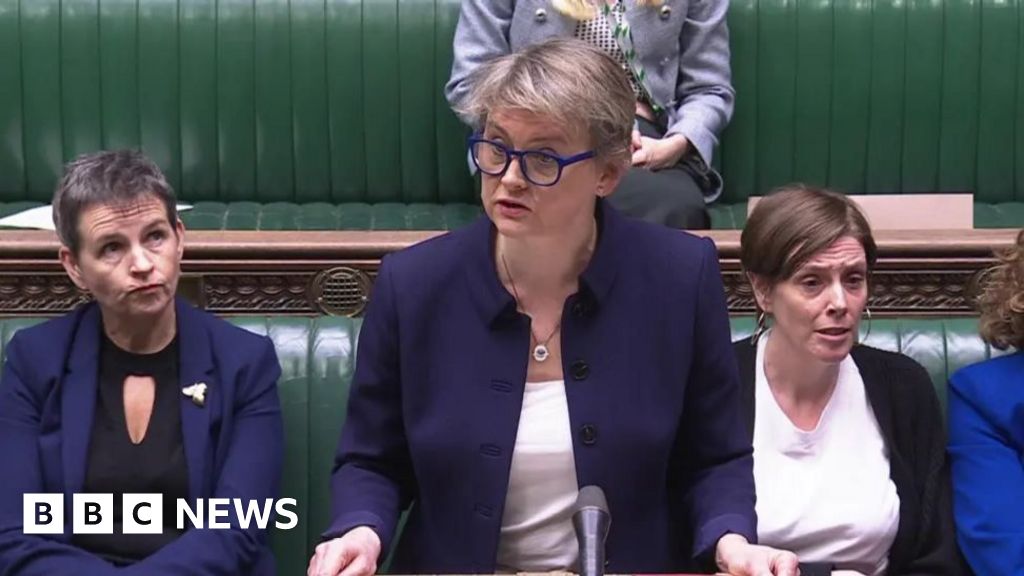ARTICLE AD BOX
Sir Keir Starmer has warned unions of "tough decisions on the horizon" over pay, saying the government will "not risk its mandate for economic stability".
In a speech to the Trade Union Congress in Brighton, the prime minister said his policies would be both "pro-business and pro-worker".
He criticised those "still stuck in the 1980s who believe that unions and business can only stand at odds".
But Sir Keir said the "crisis" his government had inherited from the Conservatives meant difficult decisions on spending were needed.
After winning power in July's election, Labour moved to offer above-inflation pay rises for workers in a number of sectors aimed at resolving long-running strikes.
However, in his speech Sir Keir - the first PM to address the congress in 15 years - said: "This government will not risk its mandate for economic stability, under any circumstances.
"And with tough decisions on the horizon – pay will inevitably be shaped by that."
In response to the speech, Gary Smith, head of the GBM union, said: "Paying [public sector workers] properly is both the right thing to do and will help get our economy moving.
"We have seen some positive action from the new government, with above-inflation pay awards already in place."
But he added that "this must be a start and not a finish".
Sir Keir also called for a "politics of partnership" between government, business and working people.
He insisted "business leaders are not knocking on my door saying they want to rip up employee rights" .
Like unions, he said they want "fair taxes, high skills and the long-term ability to invest".
Ahead of the election, Labour sought to woo business leaders to support the party and now claims to be both the party of business and workers.
It has promised a package of reforms to strengthen workers’ rights, including the right to protection against unfair dismissal, parental leave and sick pay from day one for all workers, and banning "exploitative" zero-hour contracts.
Union leaders have warmly welcomed Labour’s election victory and have praised the party's plans on workers' rights.
But some are concerned pressure from business groups could see the measures watered down further, after some pledges were diluted even before the election.
Conservative shadow business secretary Kevin Hollinrake claimed there were "howls of opposition from business leaders" about the government's plans.
"[The prime minister] is just doing his union paymasters' bidding, raising taxes and drowning businesses in a tidal wave of new French-style rules and red tape," he said.
The PM's promise to scrap Conservative-era legislation which enforced a higher threshold for strike action and to deliver "the biggest levelling up of workers rights in a generation" prompted cheers from the audience of union members.
But he also faced a heckle of "tax the rich" during his speech.
On Monday, delegates at the congress voted overwhelmingly in favour of a wealth tax on the richest 1% of the population to help fund public services and the NHS.
There has also been criticism from union leaders of the decision to scrap winter fuel payments for millions of pensioners.

 4 months ago
18
4 months ago
18








 English (US) ·
English (US) ·